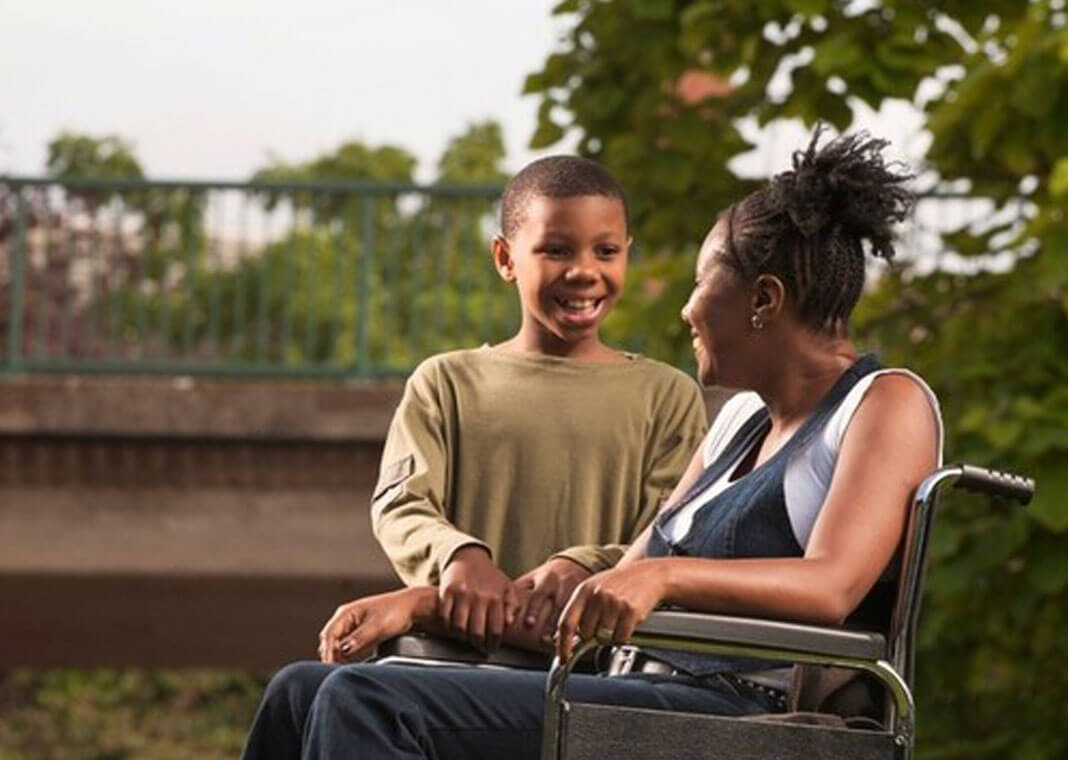
Yes, here’s another article on gratitude—not because we can’t think of other topics but because we naturally cycle around to this one again and again.
Gratitude is not a fad, not the latest trend on the World Wide Web. Gratitude is foundational to the life that so many people desire: a life that is well-lived, joyful, and connected to others and to God in good, healthy ways.
I wouldn’t even call gratitude an attitude. It’s more like an interior posture. Gratitude is about the way I position myself toward my own life, other people, creation, the world, and the Divine.
Gratitude opens the heart. When I am grateful, even about some small thing, that response opens me up. Because, with gratitude, I recognize something worth loving and enjoying. This can lead to hope: I believe that something else might happen that provides love and joy. Gratitude helps me take the risk and open my life to what wonders might come along.
Gratitude shifts the mind into a positive perspective. Although some days are truly difficult, even horrific, most of us need only one minor detail to go wrong to become cranky and negative. Gratitude can correct that. If I begin to identify what is going right, what helps me, what is doing some good in the world, then my perception shifts away from negativity.
Gratitude is not always easy, but it’s simple to practice. All I have to do is ask myself this question, or one like it: What am I grateful for today, right now? At the end of the day, I can make a list of anything in the day that felt good or worked well or gave me cause to say “thank you.” These practices are simple enough for children to do. They don’t require deep thinking or advanced theology.
Gratitude is greater than one person. Gratitude can set the tone in a meeting, at an event, in a home, among many people. One person who expresses gratitude can change the way a conversation is going. If a meeting begins with a prayer of thanksgiving, a song of joy, or—if it’s not a religious meeting—an acknowledgment of good work done and reasons to celebrate, then it’s likely that the outcome of the gathering will be much more positive than if it had begun with a scolding lecture or a listing of all the group’s problems.
Gratitude helps us build a history with hope and intention. When we practice remembering the gifts we receive day to day and year to year, we build, with intention, a personal history. I don’t deny that I was in a serious auto accident that year, but I also remember the care I received while I was recovering. I remember details of that care, and I remember specific people. I don’t try to erase the history of my depression, but in that history I include the conversation that comforted me, the day beside the lake that helped me breathe and a hope a little more, the physician who found the medication that worked, and the holiday gathering I didn’t have to skip because being around people would be so difficult.
Gratitude is more than a prayer or an attitude or a helpful strategy. It’s a way of seeing, a way of remembering, a way of proceeding.
May each of us practice gratitude a little more as the days and years go by.
